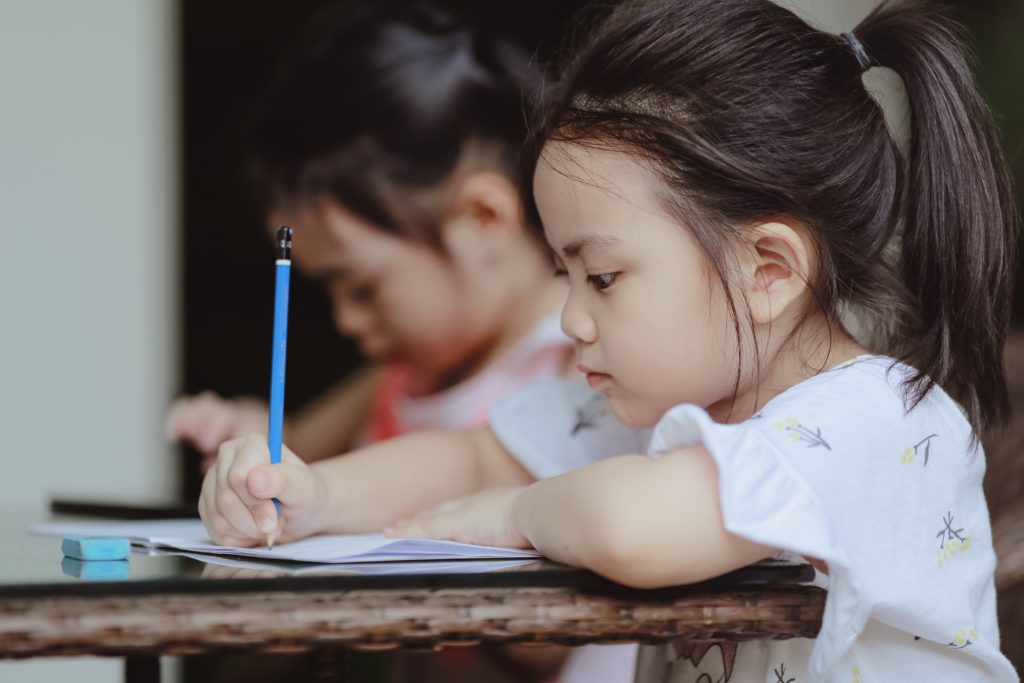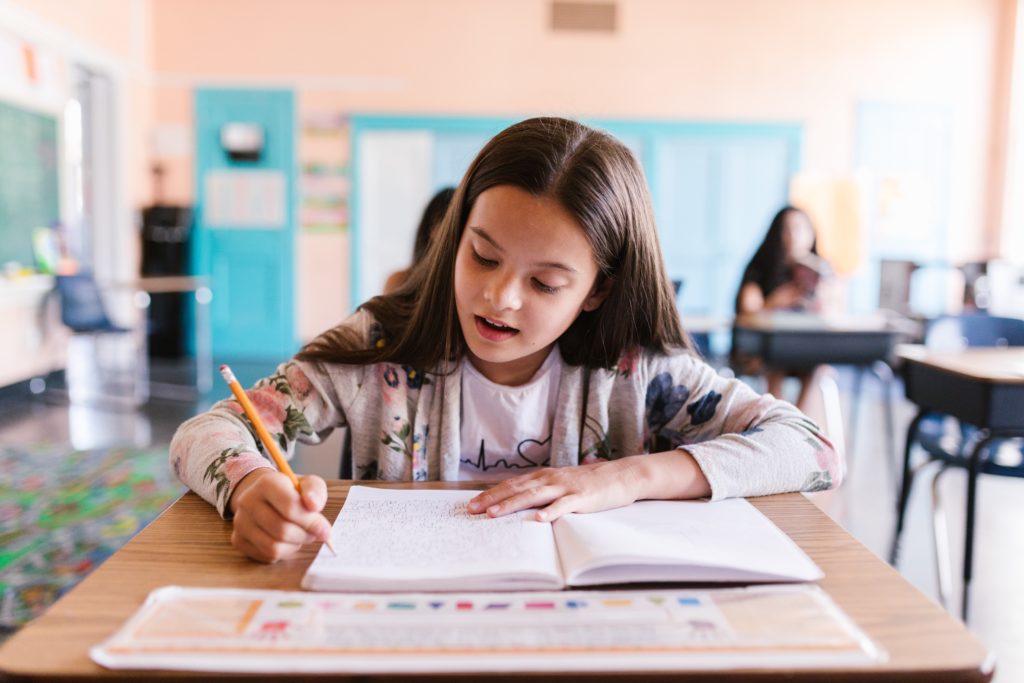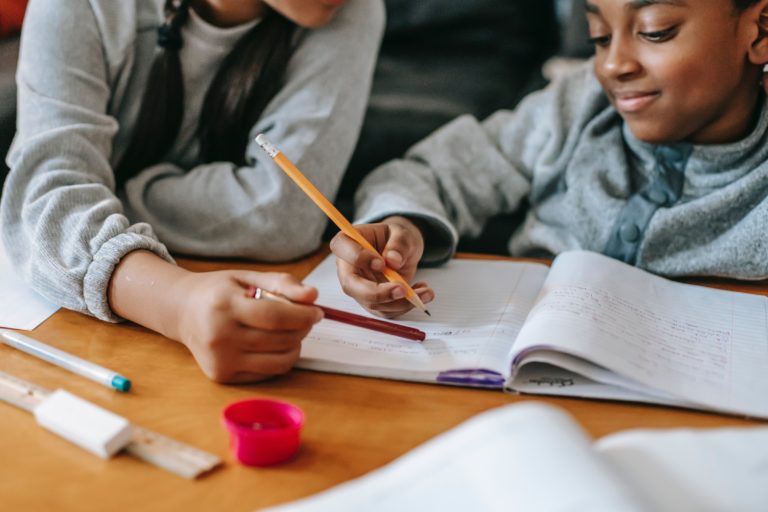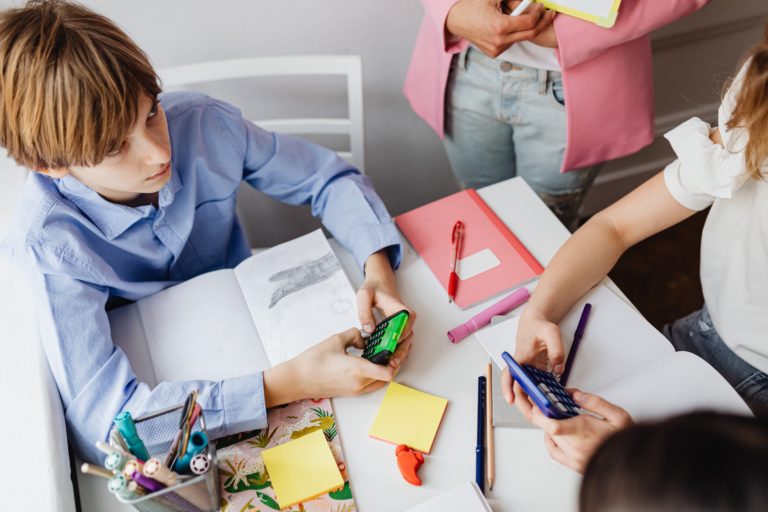Maths is often seen as a subject that requires natural talent or intelligence. Many people believe that they are either good or bad at maths, and that there is no room for error. However, research by Dr Carol Dweck has shown that this mindset can be detrimental to learning. In fact, mistakes are a crucial part of the learning process, especially when it comes to maths.

Here are some reasons why mistakes are crucial to learning maths:
Mistakes help identify areas for improvement
Mistakes provide feedback on what needs to be improved. When a child gets a problem wrong, they can see where they went wrong and work to correct it. This process helps children identify areas where they need more practice or clarification. Without mistakes, it can be difficult to know where to focus efforts for improvement.
Mistakes build resilience and perseverance
When children make mistakes, they are forced to confront challenges and find new solutions. This process builds resilience and perseverance, which are essential skills for learning. Children who are afraid to make mistakes may give up too easily, but those who embrace mistakes are more likely to keep trying until they succeed.
Mistakes promote deep learning
Research has shown that mistakes can actually help promote deep learning. When children make mistakes, their brains are forced to work harder to understand the problem and find a solution. This process promotes better understanding and retention of the material. Additionally, mistakes can help children see problems from multiple angles, which can lead to more creative solutions.

Mistakes are part of the process
Maths is a subject that requires practice and repetition. Making mistakes is a natural part of this process. Children who understand that mistakes are a part of learning are more likely to approach problems with a growth mindset, which can lead to better long-term learning outcomes.
As a parent, it’s important to help your child understand the role of mistakes in learning maths. Encourage your child to embrace mistakes and see them as opportunities for growth and improvement. Celebrate progress and effort, not just achievement of correct answers. By doing so, you can help your child develop a growth mindset that will serve them well in all areas of life.
Remember, learning is a journey, and mistakes are a natural part of that journey.






